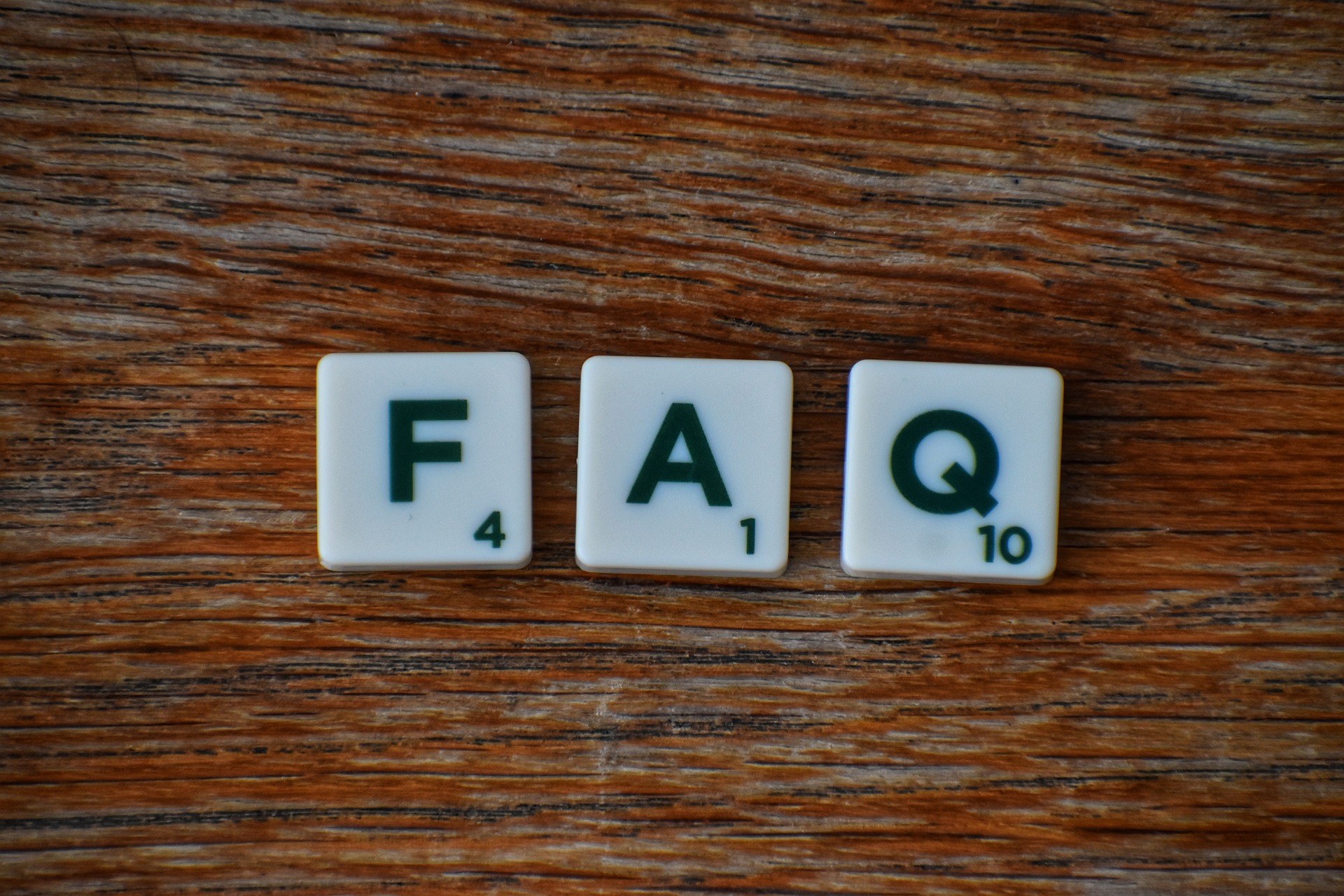Water heaters work to supply hot water to the plumbing system around your house. They are the backbone of all hot water supply. Although they are an essential appliance, they are the most overlooked when it comes to general maintenance and upkeep.
When your water heater suddenly starts acting up or fails alltogether, it can be detrimental to your daily routine. As a company that specializes in water heater repair for Santa Rosa homeowners, we are commonly asked questions about the ins and outs of water heaters and their maintenance.
If you are having problems with yours or just want to learn more about water heaters in general, you have come to the right place. This article will answer some of our most frequently asked questions about water heaters.
1: “I keep running out of hot water. What should I do?”
Answer: You turn on the hot water tap, and it all goes cold – this issue is one of the most commonly reported problems. If your hot water is cutting off too soon, the first thing to do is check if multiple appliances in your home are simultaneously running hot water, causing the issue of insufficient hot water. However, if that is not the case, there could be several different reasons why this is happening. Problems such as a broken dip tube and thermostat issue, require immediate attention and skilled solutions. If you are not sure what exactly the issue is, you should contact professional water heater repair services in Santa Rosa right away.
2: My water heater is leaking. How can I fix it?
Answer: Water heater leaks are extremely dangerous and can result in a life-threatening situation. The majority of leaks with hot-water heaters occur at the bottom of the tank where the temperature is hottest and will cause slow leaks in most cases. The possible reasons include a faulty drain valve, erosion or sediment collection inside the tank, too much pressure, and a cracked storage unit. If you notice your water heater leaking, be cautious. First, shut the power off to avoid an electrical shock hazard, and then contact a licensed water heater repair specialist in Santa Rosa as soon as possible.
3: Why does my water take forever to get hot?
Answer: Several factors can slow water heater warm-up time, including the size of the tank, type of insulation, and type of heating element. The amount of time it takes also depends on how far away your fixture is located from the heater. The further away, the longer it will take for hot water to reach it. Additionally, the temperature of the cold water in the pipe also weighs in determining how long it takes for hot water to heat up. While slow heat-up time rarely causes concern, sometimes a faulty temperature control can also be the source of this problem. In that case, you need a skilled water heater repair professional to replace the defective control unit with a new one.
4: What is the best temperature to set my water heater at?
Answer: For storage water heaters, the recommended temperature range is between 120°F and 130°F (49°C and 54°C). This is because this temperature range is hot enough to kill bacteria and avoid mineral buildup, yet not too hot to prevent corrosion of metal components.
5: Do I need regular water heater maintenance?
Answer: Whether you have a gas, electric, or tankless water heater, regular maintenance is key to keeping your water heater working efficiently and safely. It needs to be drained and flushed regularly to prevent sediment buildup that could damage the tank. A properly maintained water heater can last much longer than 10-12 years, while a poorly maintained unit could stop working earlier than that.
It is important to have your water heater regularly inspected and maintained as needed to keep it in good working order and to keep energy costs low.
If you have a water heater question, Redwood Sewer & Drain can help. From finding the right water heater for your home, to scheduling an annual cleaning with a skilled water heater repair professional in Santa Rosa, we’re here to help every step of the way. To schedule our services, call at (707) 393-1959.

